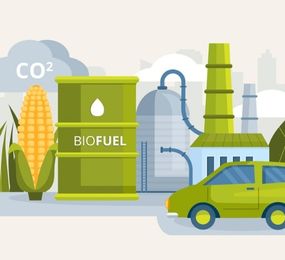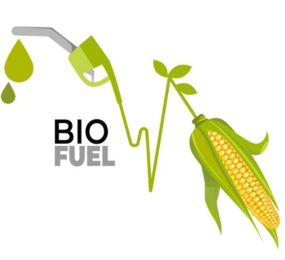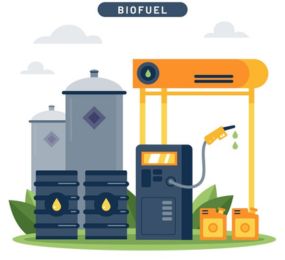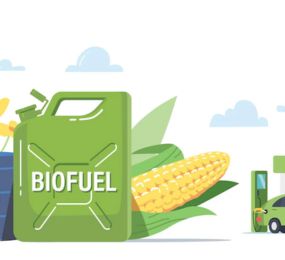The integration of biofuels into the energy mix has significant implications for agricultural practices and land use. As the demand for renewable energy sources grows, so does the need for biomass feedstocks, often sourced from crops.
One notable impact of biofuels on agricultural practices is the diversification of crop cultivation. Farmers may choose to grow dedicated energy crops, such as switchgrass or miscanthus, alongside traditional food crops. This diversification can enhance resilience to climate change, improve soil health, and provide additional sources of income for farmers.
Biofuel production also prompts innovation in farming techniques and technologies. Precision agriculture practices, such as GPS-guided equipment and variable rate application of inputs, can optimize resource use and maximize yields while minimizing environmental impact.
However, the increased demand for biofuel feedstocks can also lead to concerns about competition with food production and potential land use change. Sustainable land management practices, including crop rotation, agroforestry, and conservation agriculture, are essential for balancing biofuel production with food security and environmental conservation.
Overall, the impact of biofuels on agricultural practices is multifaceted. While biofuels offer opportunities to enhance sustainability and reduce greenhouse gas emissions, careful planning and management are necessary to ensure that biofuel production aligns with principles of sustainable land use and supports the long-term viability of agricultural systems.
To register or learn more about the Forum please check here: https://bit.ly/3JyelAm
For more information and group participation, contact us: [email protected]
















